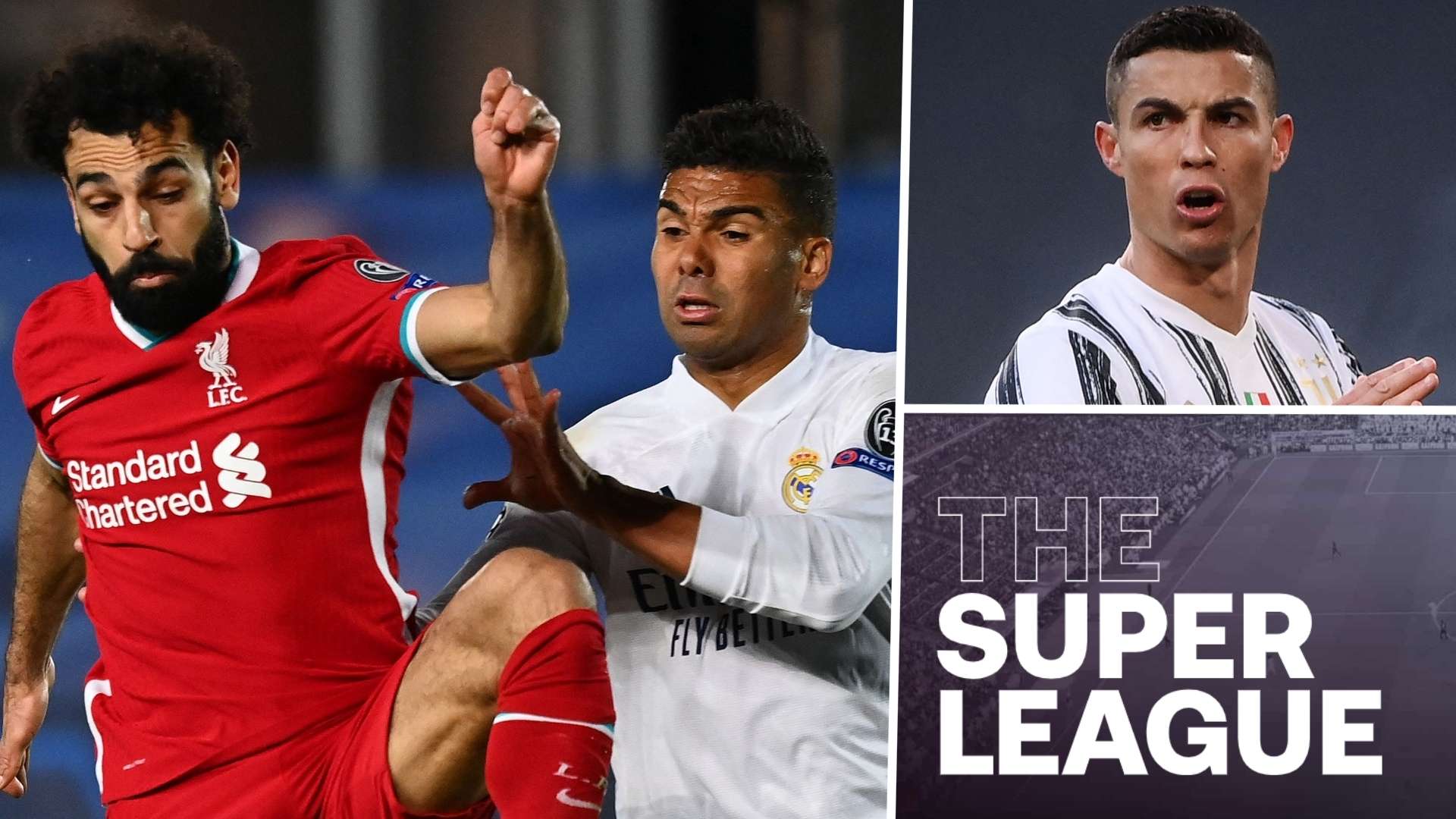JP Morgan, the company that was due to provide the €3 billion (£2.6bn/$3.6bn) loan required to fund the breakaway Super League, has admitted that it "misjudged" the reaction of supporters to the divisive proposal and vowed to "learn" from their mistakes.
A project that has been in the pipeline for several years was finally announced on Sunday as 12 leading sides from across Europe signed up to become founder members of a divisive competition.
Condemnation of the plans was swift and fierce, leading those involved to backtrack hastily to the point that the elaborate blueprint was ripped up inside 48 hours - leading those at the centre of talks on and off the field to issue grovelling apologies.
What has been said?
JP Morgan has now responded to criticism of its involvement, saying in a statement: "We clearly misjudged how this deal would be viewed by the wider football community and how it might impact them in the future. We will learn from this.”
What deal did JP Morgan have in place?
The American investment bank had been lined up as the main financier of the Super League. Plans were put in place for a 23-year loan worth over €3bn.
The deal would have been one of the biggest and most lucrative in the history of sport, with suggestions JP Morgan could pull in around £2 million a week over the course of their agreement.
In the end, no money changed hands as pressure from supporters and sporting organisations around the world forced those involved to revise their plans.
The bigger picture
The 12 teams that signed up to the Super League plans were Manchester United, Liverpool, Chelsea, Arsenal, Tottenham, Manchester City, Barcelona, Real Madrid, Atletico Madrid, Juventus, Inter and AC Milan.
Prominent figures at the majority of those clubs, including the owners at Anfield and Emirates Stadium, have offered apologies to disgruntled fans, while Ed Woodward is walking away from his role as executive vice-chairman at Old Trafford.
Not every team has spoken out though, and Real president Florentino Perez, who was due to head up operations, has claimed that changes he believes are essential to the future of football have merely been put on hold.
